The Zimbabwe Emerging Enterprise Market (ZEEM) listing requirements and rules, which once approved, will allow small and medium enterprises (SMEs) to list on a secondary bourse, have been with the Attorney-General's (AG) Office for almost a year now, and are yet to be gazetted into law.
The rules for listing on ZEEM requires each applicant to have at least $250 000 (but not exceed $9,99 million) in share capital and also provide audited financials for at least one financial period prior to listing.
SME companies wishing to be listed on ZEEM will also be required to have a minimum of 50 public shareholders, achieve at least 26 percent public shareholding and appoint a designated advisor.
Equity capital helps companies, including SMEs to reduce gearing and hence the insolvency risk. Financial Exchange Securities (FINSEC) is the second securities exchange in Zimbabwe and the first alternative trading platform after the Zimbabwe Stock Exchange (ZSE).
Currently there are only three companies that have their fixed income instruments listed on FINSEC.
However unlike bonds which are fixed income securities, equity capital is also permanent capital, which enables companies, including SMEs to undertake long term projects without worrying about the need to repay the capital.
By listing, SMEs will attain a better corporate image and hence access to cheaper debt capital, better business prospects and enhanced ability to attract skilled human capital.
The ZSE can learn a thing or two from the Stock Exchange of Mauritius (SEM) that commenced in the year 1989 with a very modest capitalisation of $92 million and has grown substantially over the years and now boasts a market capitalisation of $11,2 Billion.
It has done this by scaling up the range of products listed and traded which has positioned the exchange as an attractive multi-currency capital-raising and listing platform for Africa-focused investors.
The ZSE can take advantage of Zimbabwe's One Stop Shop Investment Centre framework, which the Minister of Finance and Economic Planning, Patrick Chinamasa, said in his budget speech will be introduced soon.
This will make it easier for foreign companies that want to invest on the ZSE. The Stock Exchange of Mauritius (SEM) has a Development Enterprise Market (DEM), which was launched in 2006 to cater for mid cap companies and currently has 43 companies with a market capitalisation of $1,7 billion.
There are two boards on the JSE, which are the Main Board and the Alternative Exchange (AltX).
The small to medium enterprises are able to list on the AltX and raise capital for projects. Tunisia also has an alternative exchange. The ZSE only has one main board which has 65 counters. Listing an Alternative Exchange would have the benefit of attracting Small to Medium Enterprises who want to raise capital.
A company applying for listing on ZEEM is expected to be incorporated and registered in terms of the Companies Act (Cap24.03) and should be in the possession of a Prospectus that will be given to Investors.
The company should also have historical financial information in respect of a period of at least one year up to the year of issuing the pre-listing statement of the applicant, prepared in accordance with International Financial Reporting Standards.
Workshops/ Initiatives to educate SMEs on benefits of listing and meeting the requirements above need to be conducted nationwide once ZEEM is approved otherwise SMEs in other cities like Bulawayo, Gweru etc will not receive financial advice.
Currently all the stockbrokers in the country are located in Harare. Egypt has two exchanges in Alexandria and Cairo and is amongst the top 10 largest exchanges in Africa. In South Africa stockbrokers are spread across the country with the majority in Johannesburg, Cape Town and Durban.
It will be important for the ZSE to establish centres around the country to ensure participation from companies throughout the nation if ZEEM is to be a success.
A Liason Officer would also be useful in forming a working relationship between the SMEs and the Exchange to their mutual benefit.
Panashe obtained a Masters in Finance and Investment from Wits Business School, Johannesburg. https://www.linkedin.com/in/panashe-sachikonye
Email: panashesachi@gmail.com;
- the herald
 Mnangagwa in Eswatini
Mnangagwa in Eswatini  South Africa is in serious trouble
South Africa is in serious trouble  US halts visa services for Zimbabwean nationals
US halts visa services for Zimbabwean nationals  ZSE and VFEX recover after weak 1st half
ZSE and VFEX recover after weak 1st half  Gold edges up as traders await guidance
Gold edges up as traders await guidance  Zimbabwe Agricultural Show 2025 kicks off
Zimbabwe Agricultural Show 2025 kicks off  Young Investment Professional (YIP) Graduate Programme 2019
Young Investment Professional (YIP) Graduate Programme 2019 
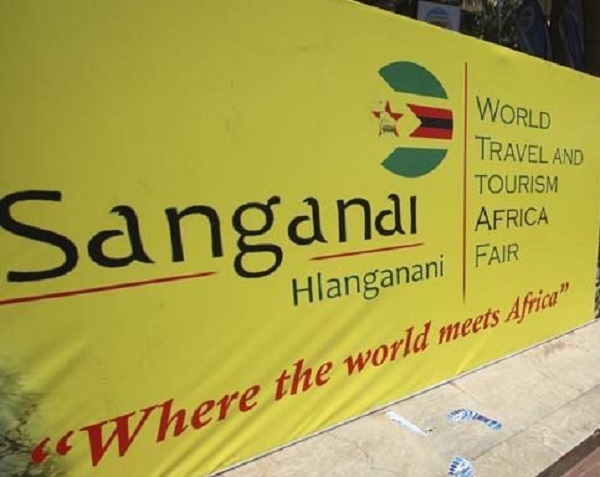




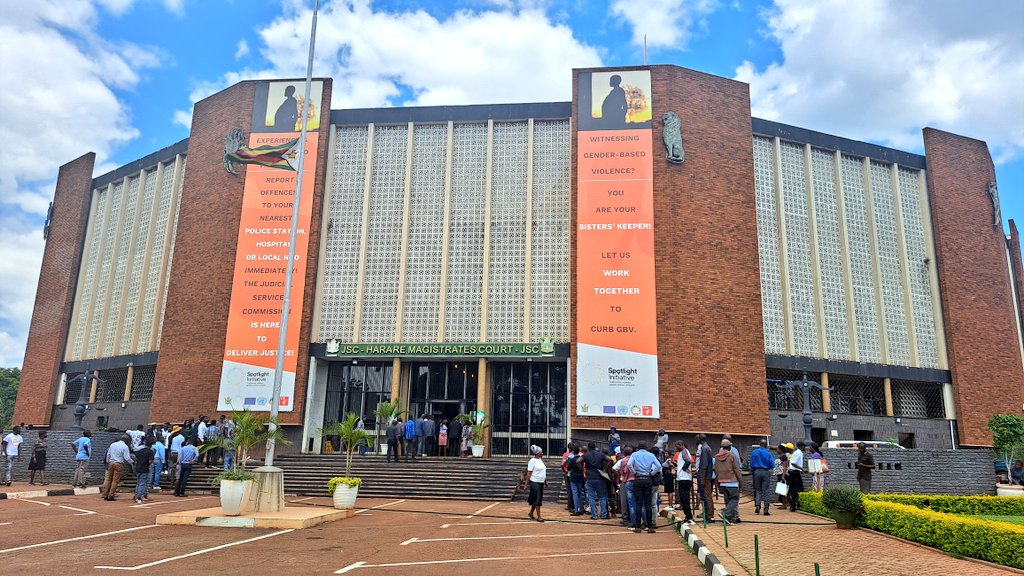
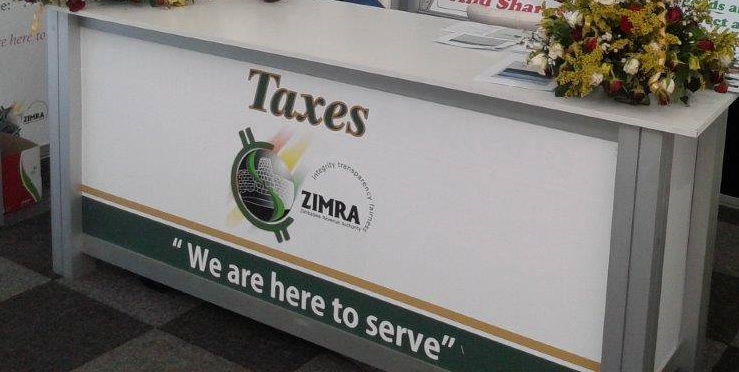
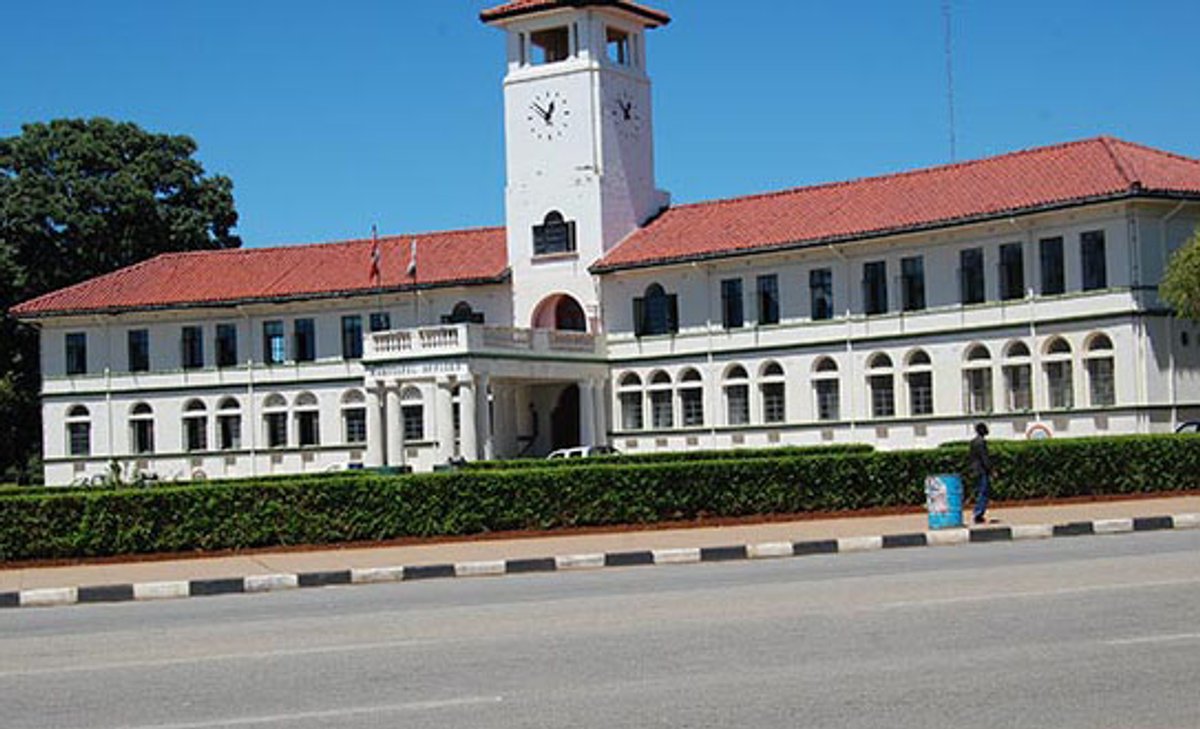


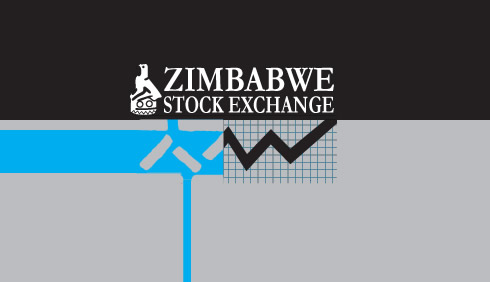
 Young Investment Professional (YIP) Graduate Programme 2019
Young Investment Professional (YIP) Graduate Programme 2019
Editor's Pick